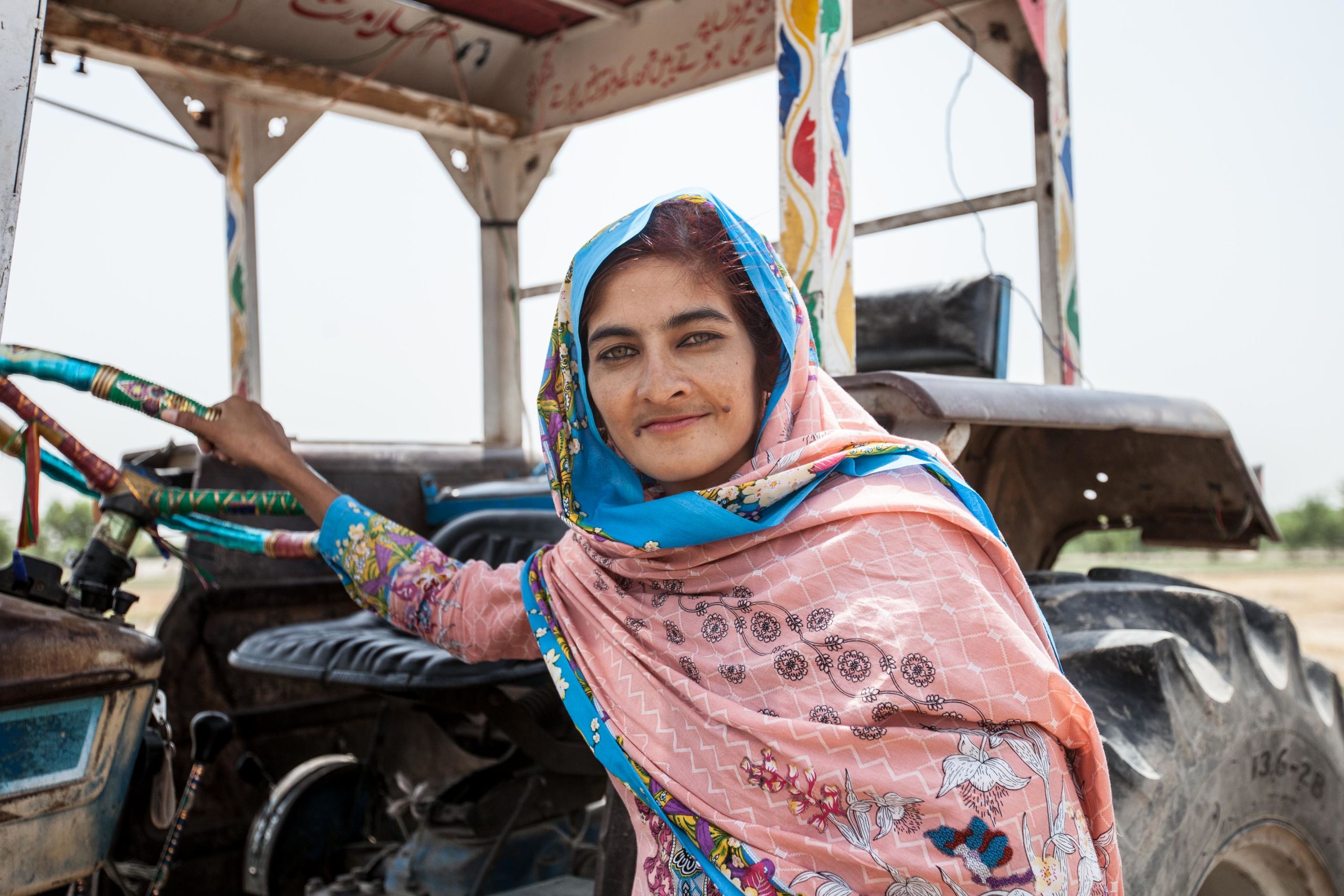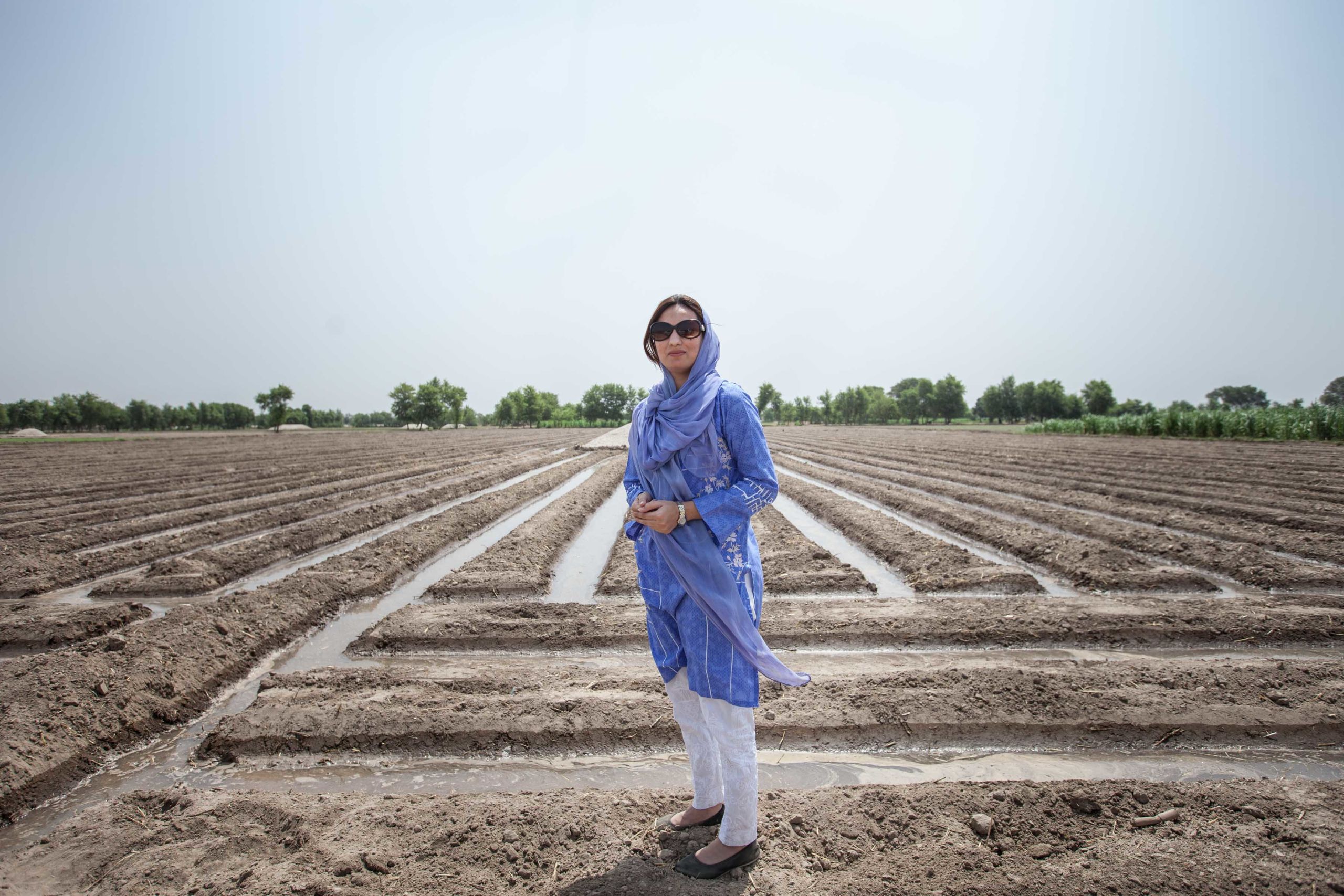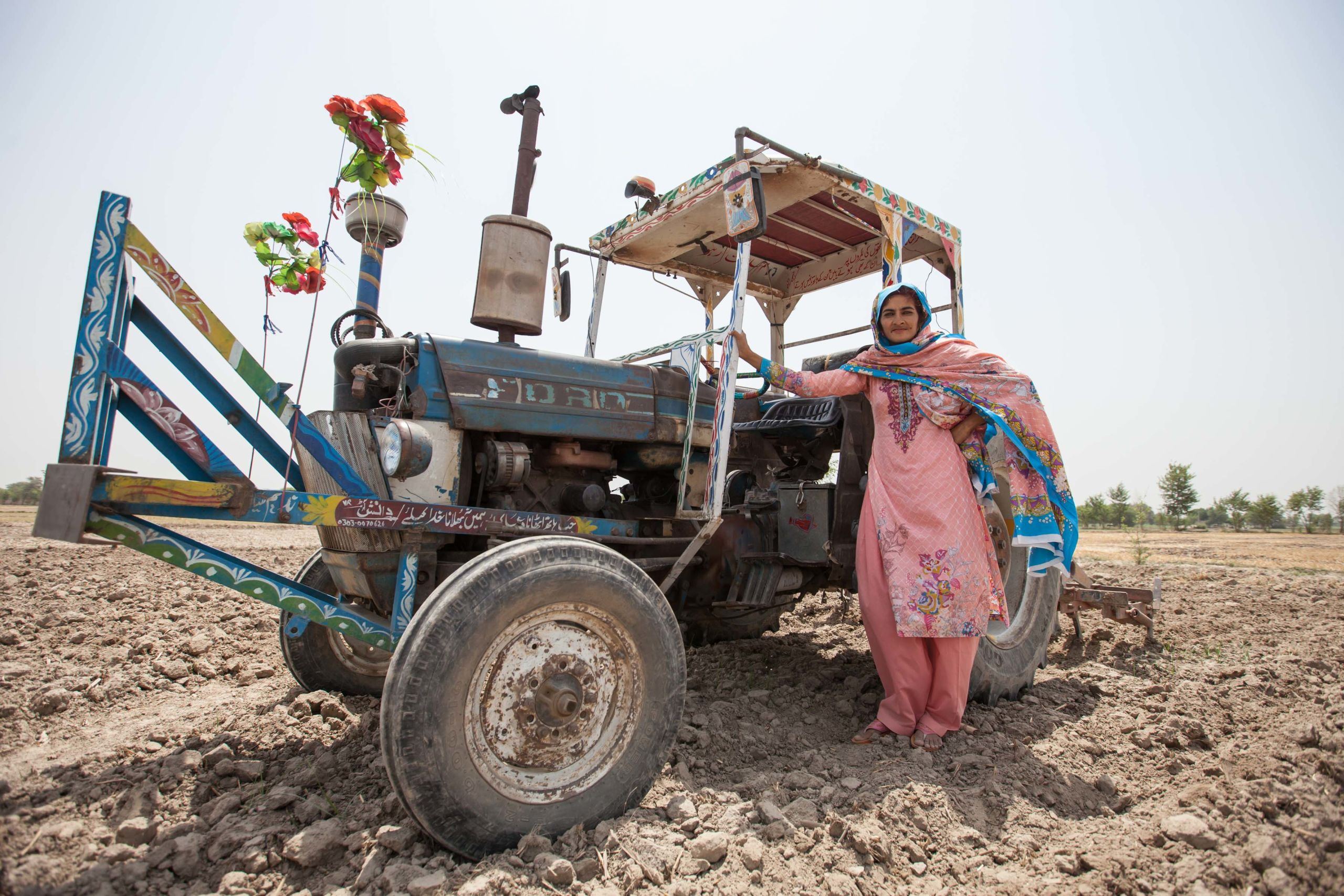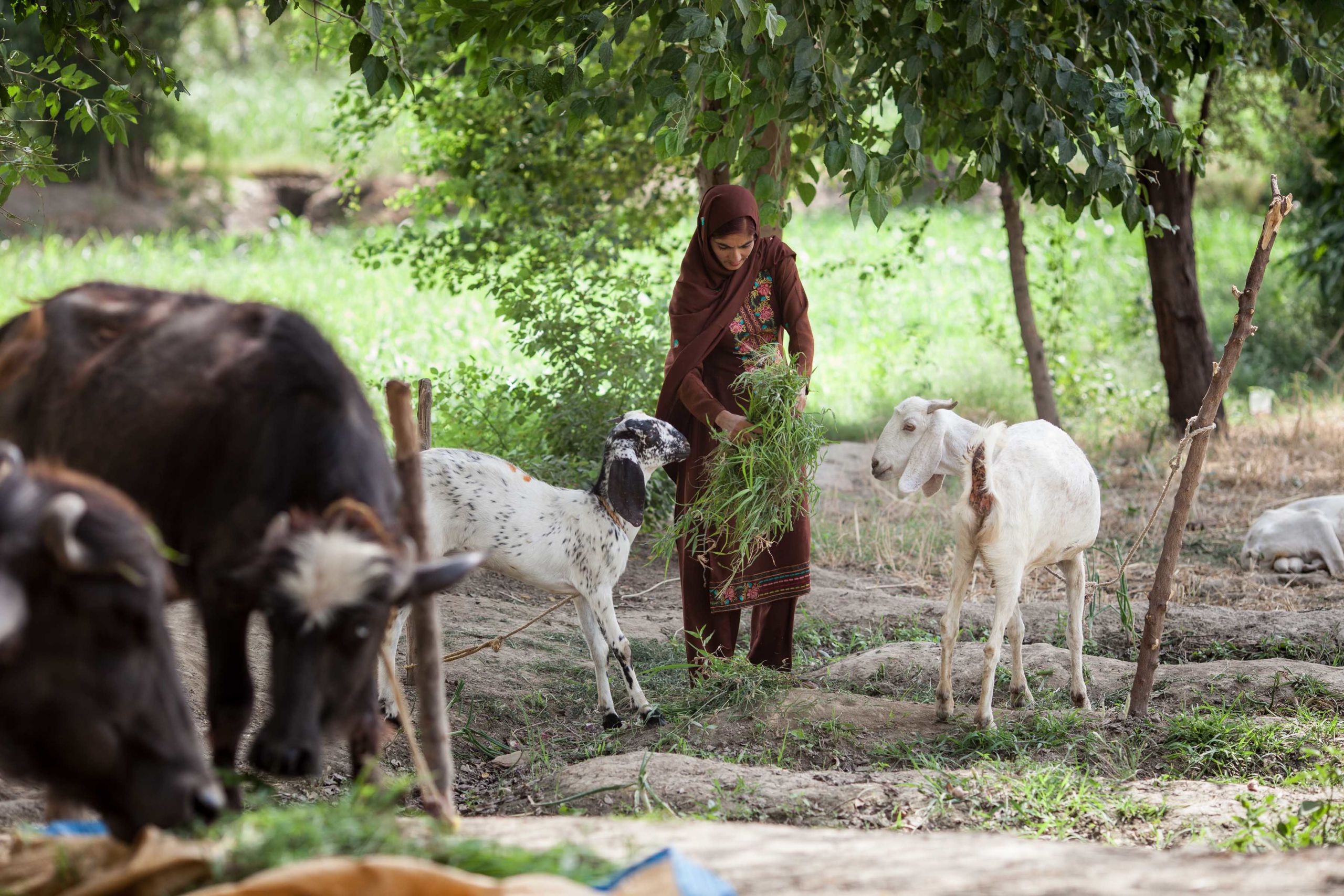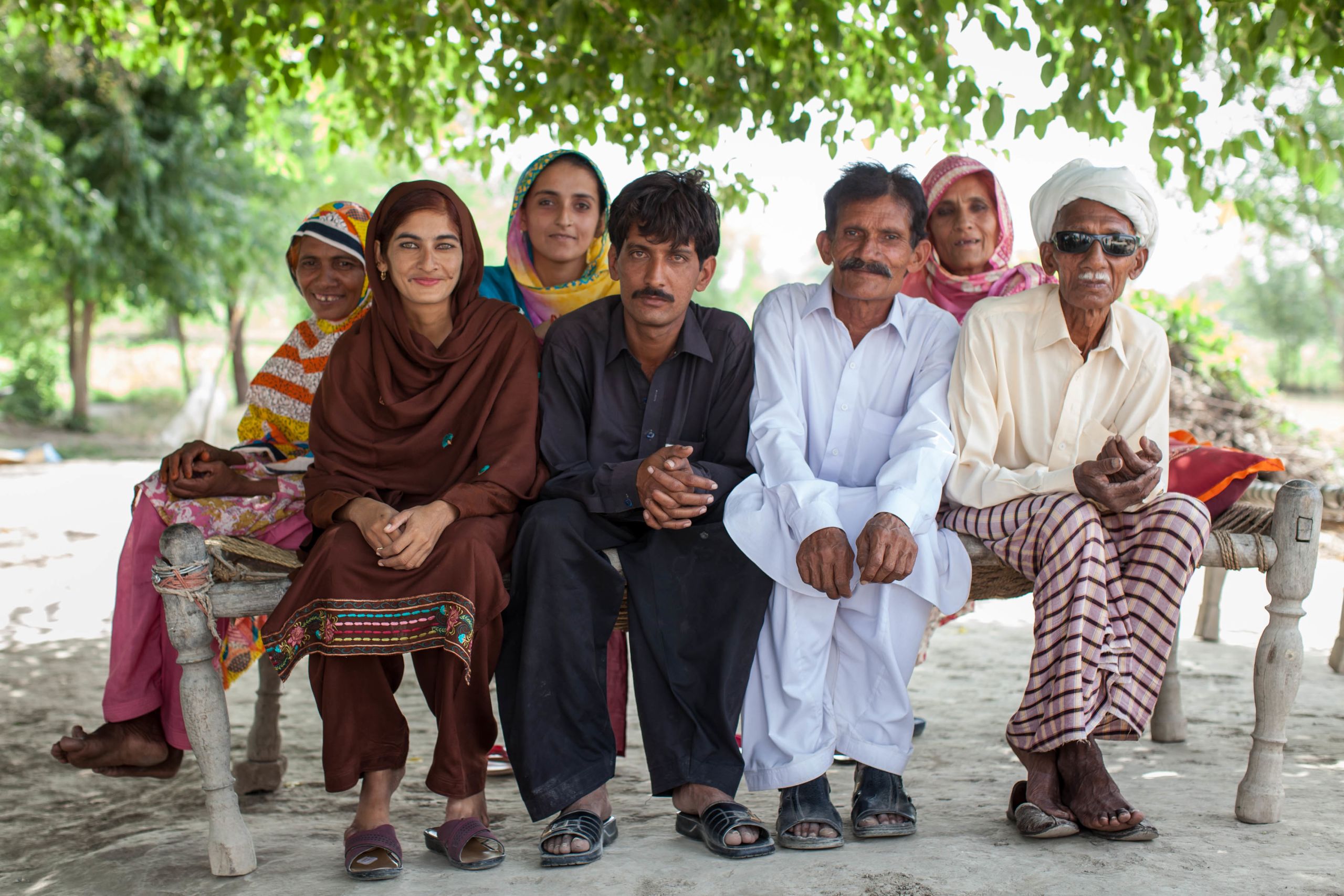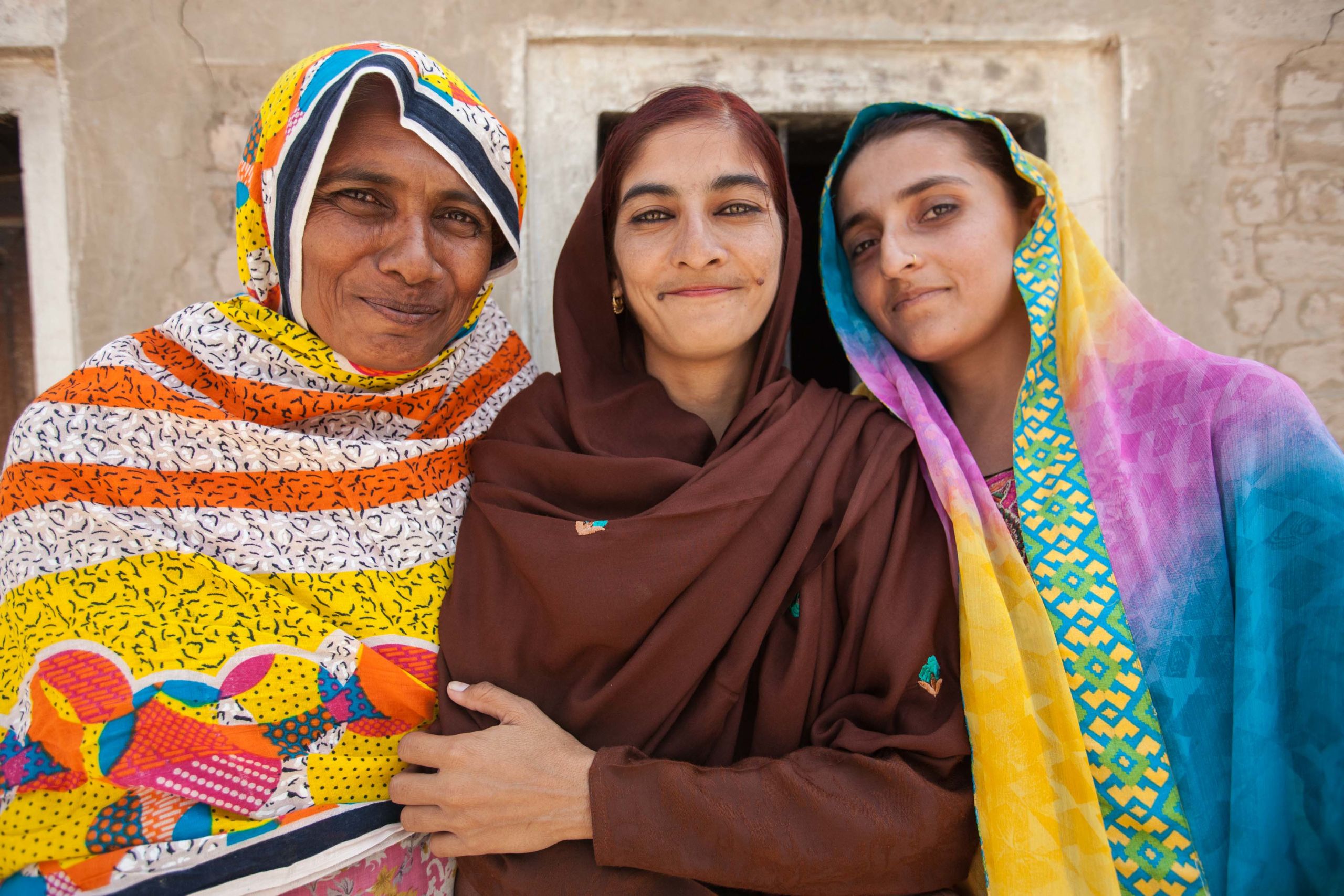Female Farmer Becomes a Role Model in Pakistani Cotton Community
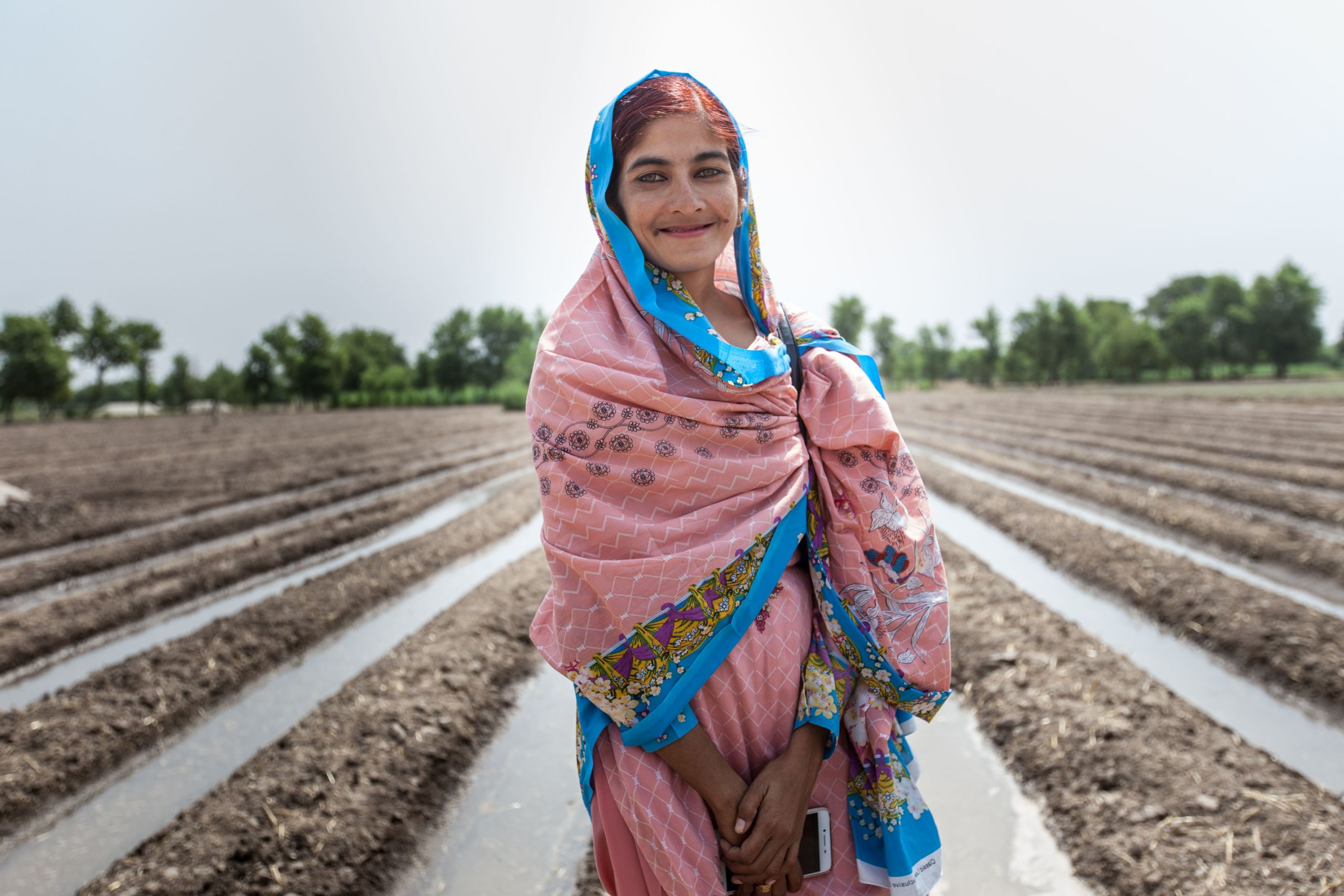
In Pakistan, approximately 1.5 million smallholder farmers rely on cotton for a living. Cotton is the country’s most widely cultivated crop and an important raw material for its growing textiles industry, representing 8.5% of GDP.1 However, as cotton farmers contend with the effects of extreme weather and pest outbreaks damaging the crops, the future of Pakistan’s cotton production will depend on men and women playing an equal role in fighting climate change and promoting sustainable farming practices.
Female cotton farmers can set a powerful example in their communities, inspiring more women to take on greater responsibilities in their family businesses and inspiring girls to pursue leadership opportunities in their communities. In rural Pakistan, this means overcoming entrenched attitudes towards the roles of men and women in the home and in the field. In particular, women often have little opportunity to influence farming practices or business decisions, and female cotton workers are often restricted to low paid, manual tasks, with less job security than men.
Our six Implementing Partners (on-the-ground partners who support and train Better Cotton Farmers) in Pakistan are helping to empower women to take on greater responsibility in the fields, and even to become independent farmers. They hold educational events for female farmers, known as Rural Women’s Days, and run women’s Learning Groups. Together, our Implementing Partners in Pakistan currently reach more than 117,500 female cotton workers2 and 140 female farmers in the Punjab and Sindh provinces. In this way, they help women to overcome cultural, financial and practical challenges, and learn how to farm cotton more sustainably.
Afshan Sufyan, Senior Programme Officer, BCI Pakistan
Afshan Sufyan, Senior Programme Officer, BCI Pakistan
“Better Cotton Implementing Partners bring women together so that female Better Cotton Farmers can share their experiences. Through these events, they promote the message that women should be able to fulfil their dreams, and explain that as a Better Cotton Farmer, they can access the tools, knowledge and opportunities they need to succeed.”
1 All Pakistan Textile Mills Association.
2 Workers are defined as people who work on cotton farms but do not own the farm and are not the main decision makers.
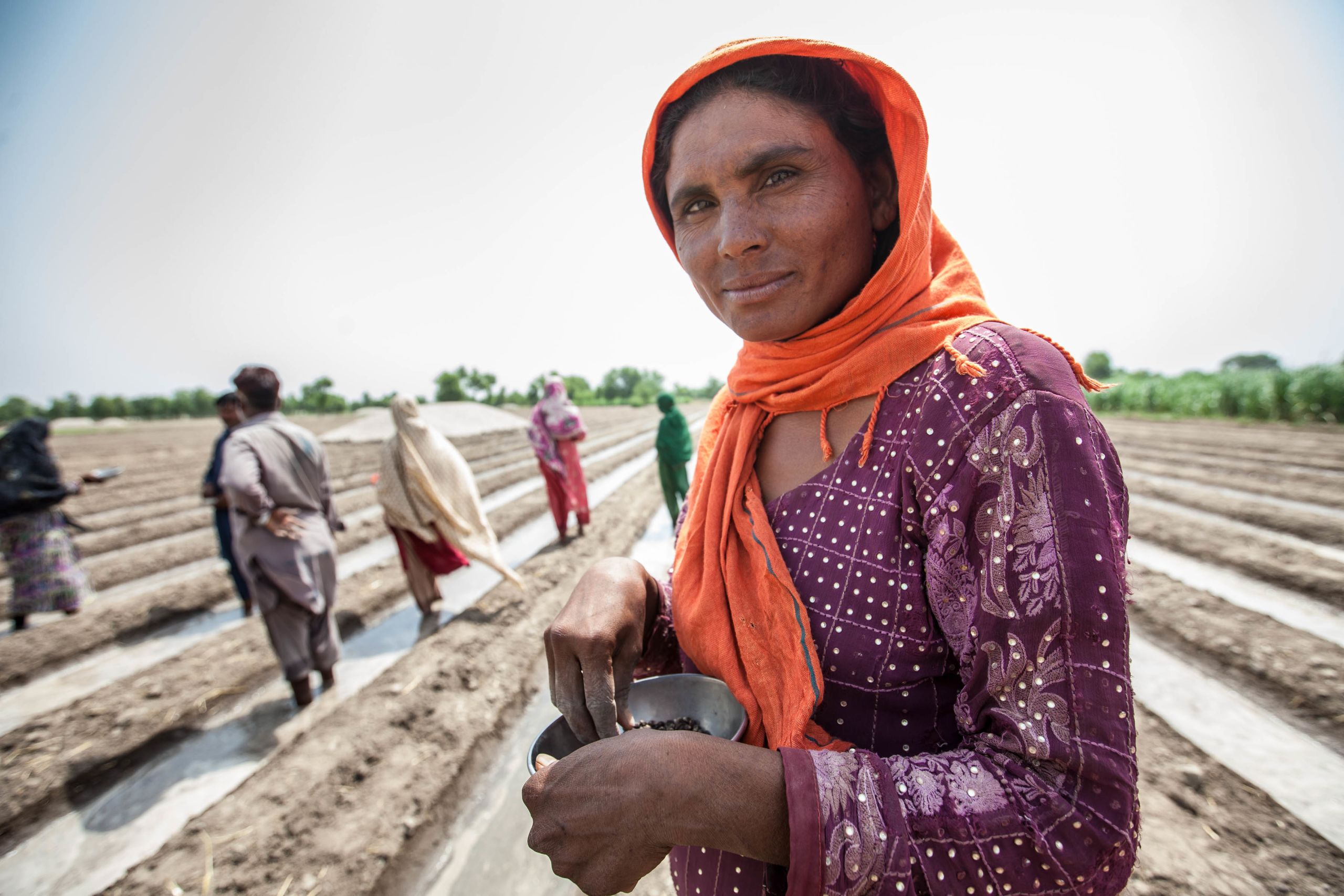
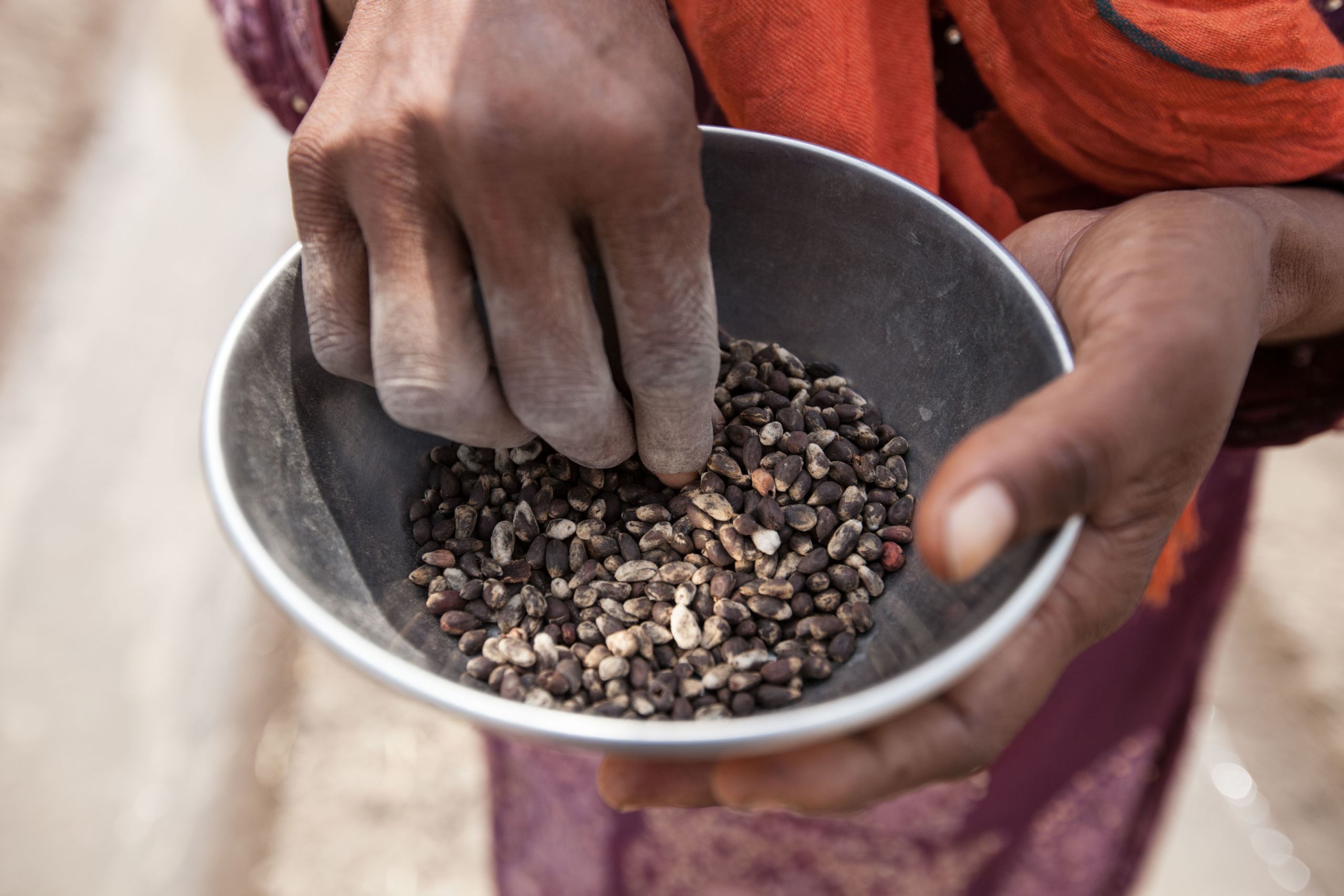
In the Vehari district of Punjab, our Implementing Partner the Rural Education Economic and Education Development Society (REEDS) helped an ambitious, capable young woman called Almas Parveen to raise productivity on her own cotton smallholding and become a Better Cotton Field Facilitator. 27-year-old Almas is one of four siblings, and has been running her family’s nine-hectare farm since 2009, in place of her elderly father. Instead of deferring the management to a third party male farmer, as is often the custom in Pakistan, Almas was determined to run the farm herself, cultivate healthy crops and produce the best possible yields to sustain her family.
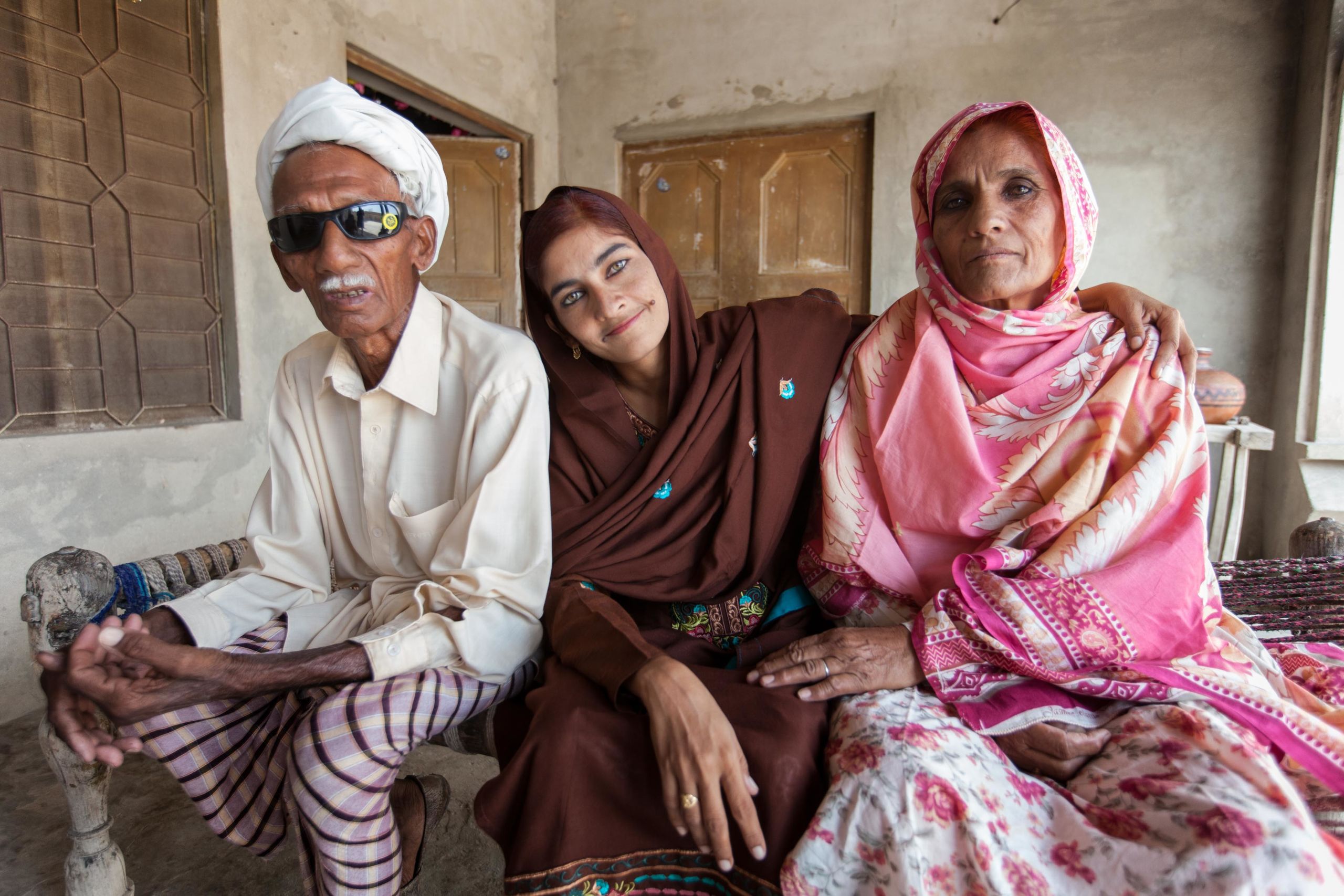
Almas’ farm was too small to qualify for REEDS’ Better Cotton programme, which initially focused on medium-sized farms, but she was still offered the opportunity to join its Better Cottontraining sessions and learn sustainable farming techniques. As her interest and competence grew, Almas discovered that she wanted to do more than boost her own yields. She wanted to spread the word, and enable other farmers – both men and women – to benefit from the techniques she was learning. With support from REEDS, Almas completed the training and qualified to become a Field Facilitator (someone who is responsible for training Better Cotton Farmers) and in addition to managing her own farm, she began a paid position training local Better Cotton Farmers in March 2017.
Almas’ transition to a position of responsibility in her community did not run smoothly. She experienced opposition from community members, who did not agree with a young woman working on her own and providing training to male farmers. The farmers too, were wary of Almas and questioned her right to train them. But Almas stood strong. Undeterred and supported by her family and REEDS, she continued to deliver Better Cotton training sessions. In time, the farmers’ perceptions changed as her technical knowledge and sound advice resulted into tangible benefits on their farms.
Anger turned into appreciation. She had won the community’s respect.
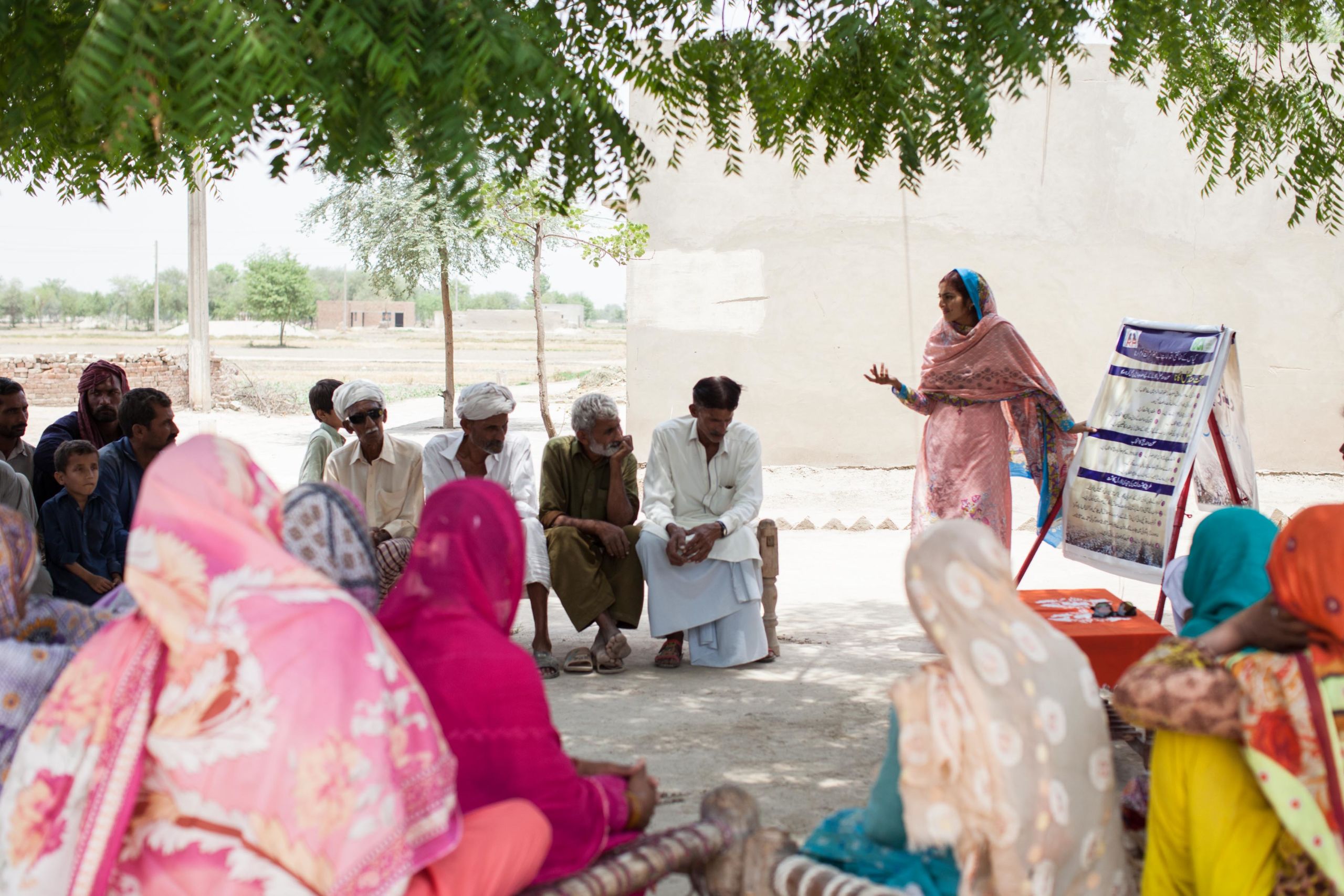
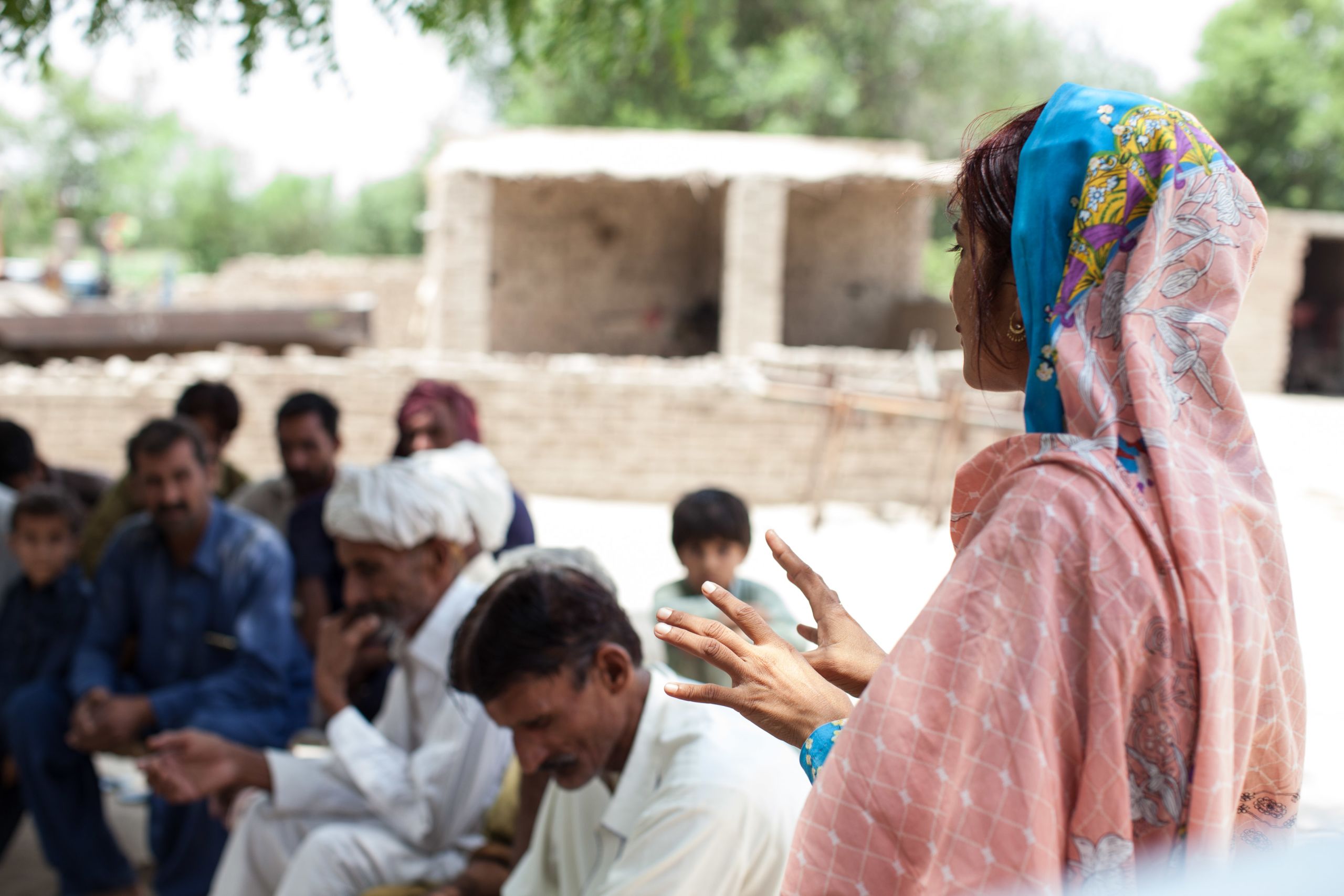
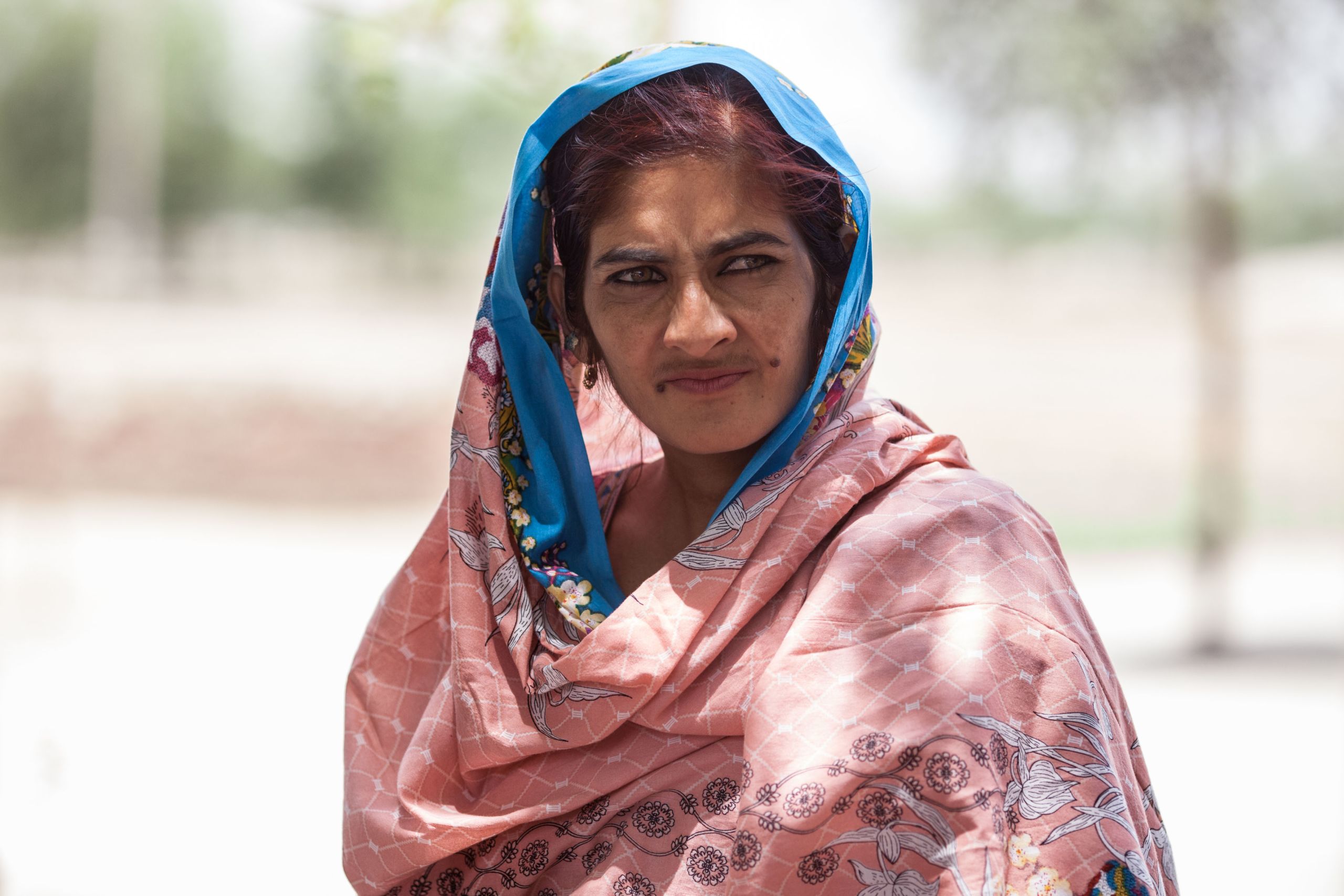
"Now, I train 400 Better Cotton Farmers, as well as supporting other cotton farmers outside of the Better Cotton programme. I train men and women in the same location, which is unique in my region!"
In her field demonstration plots, Almas takes a hands-on approach to teaching. She helps Better Cotton Farmers to minimise the use of conventional pesticides by taking a more precise, scientific approach to pesticide application, and making their own biological pesticides from the leaves of neem trees and herbs. She encourages them to identify and count particular types of pests before applying pesticides, and maximise the positive effect of beneficial insects (insects that naturally prey on certain insects that damage crops). Better Cotton Farmers in her Learning Groups learn to conduct soil tests to identify which fertiliser to apply when, and in what quantities, and often use local compost and manure for organic fertiliser. In Vehari, Better Cotton Farmers can’t rely on water from canals to irrigate their crops and usually they need to pump up ground water, which can be expensive. Almas encourages Better Cotton Farmers to adopt more efficient irrigation techniques such as laser-levelling (the precision-levelling of fields, in order to distribute water more efficiently) and irrigating alternate furrows.
"This year, I raised my yield and profit by 18% and 23% respectively compared to the previous year [the 2016-17 cotton season], and I achieved a 35% reduction in pesticide use. With the additional profit, I have been able to support my family and pay for my brother’s wedding."
Importantly, Almas also wants to make a difference in her community, acting as a role model for female farmers and encouraging more girls and women into cotton farming.
"I gives talks to girls in schools letting them know that cotton farming could be a viable future for them, and last year, I worked with Pakistan’s education authorities to help establish a new primary school in my village."
Almas Parveen, Punjab, Pakistan, 2018. BCI/Khaula Jamil.
Almas Parveen, Punjab, Pakistan, 2018. BCI/Khaula Jamil.
Almas Parveen, Punjab, Pakistan, 2018. BCI/Khaula Jamil.
Almas Parveen, Punjab, Pakistan, 2018. BCI/Khaula Jamil.
Almas Parveen (second from left) with her brother (sitting next to Almas) and their family, Punjab, Pakistan, 2018. BCI/Khaula Jamil.
Almas Parveen (second from left) with her brother (sitting next to Almas) and their family, Punjab, Pakistan, 2018. BCI/Khaula Jamil.
Almas Parveen (centre) with her family, Punjab, Pakistan, 2018. BCI/Khaula Jamil.
Almas Parveen (centre) with her family, Punjab, Pakistan, 2018. BCI/Khaula Jamil.
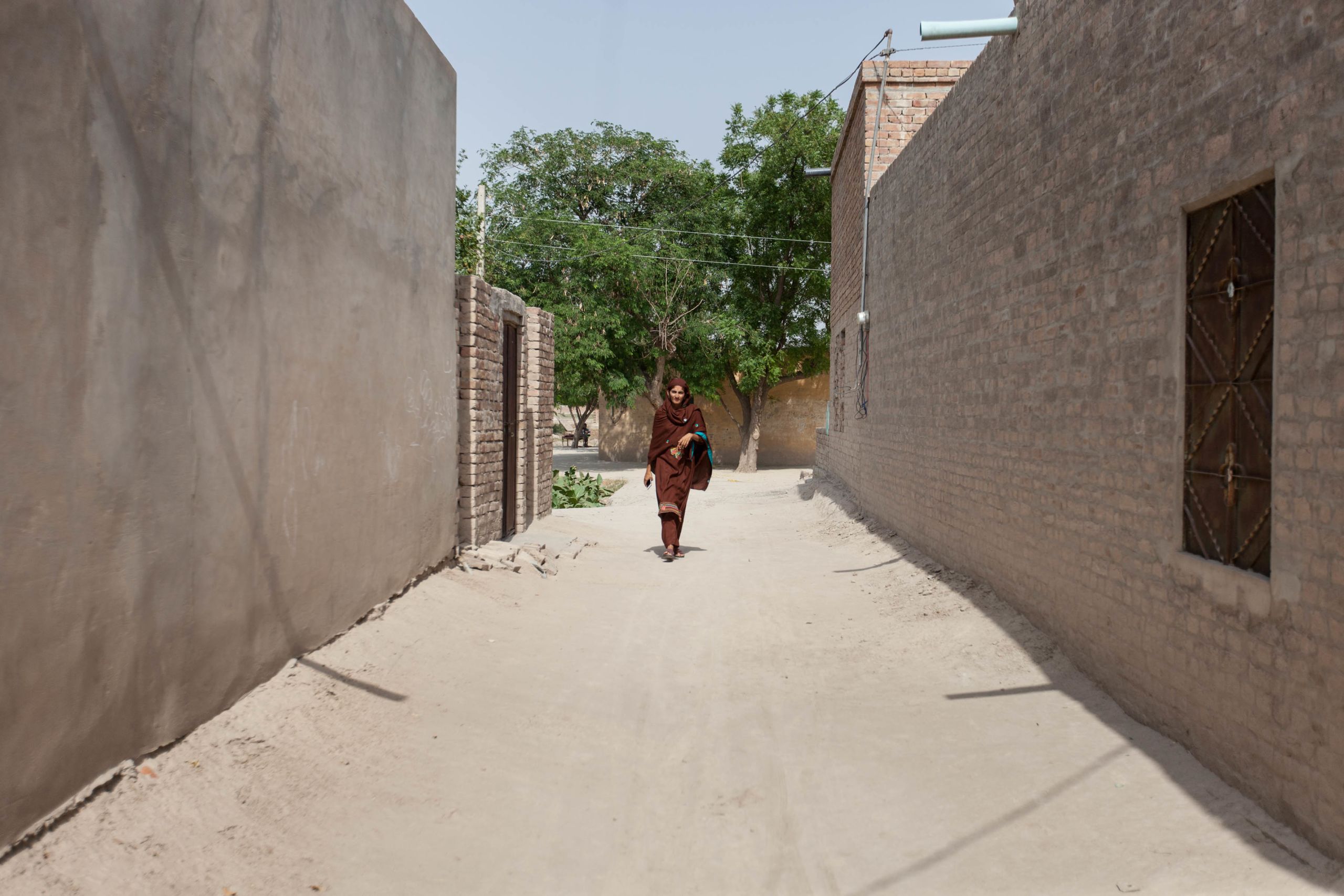
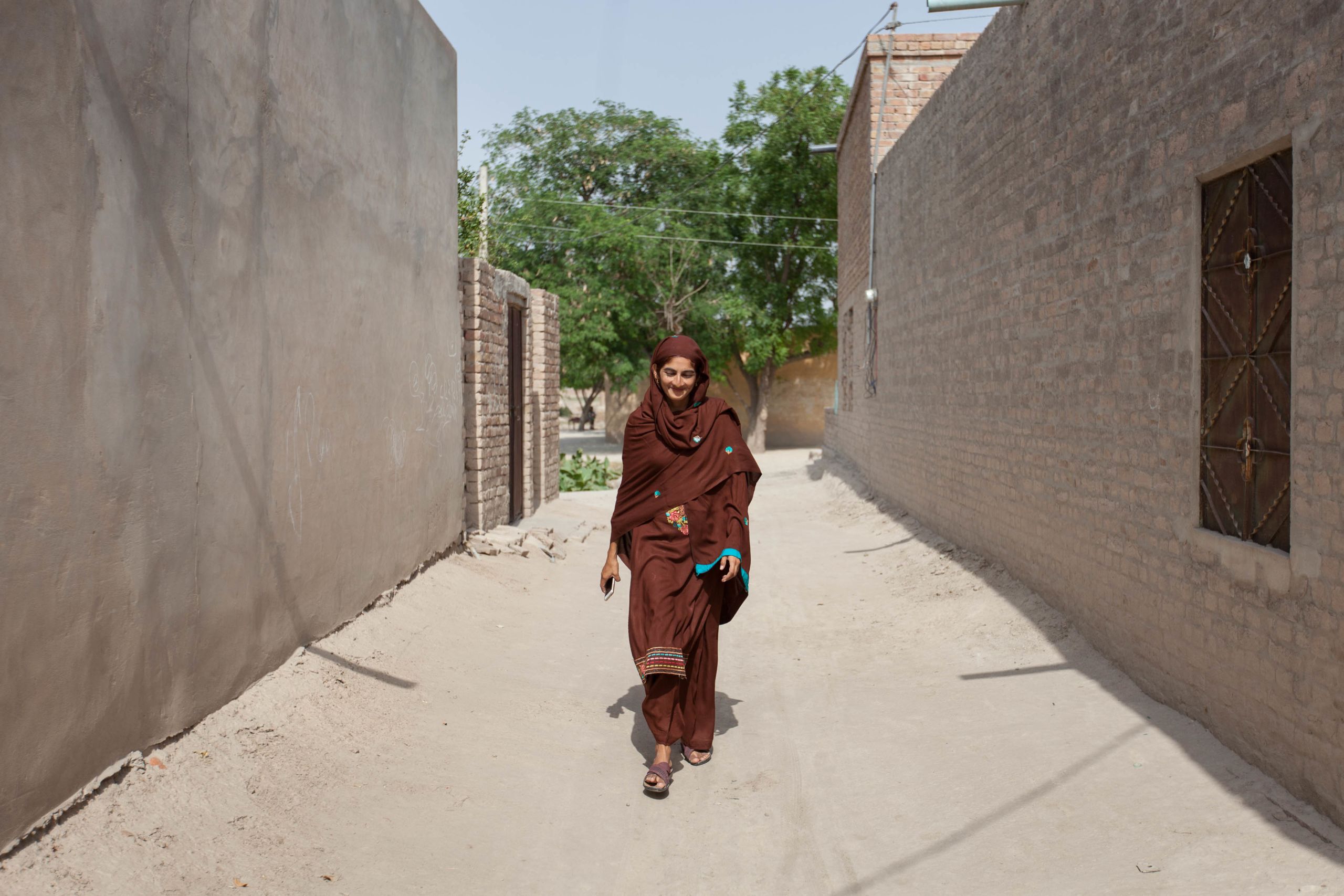
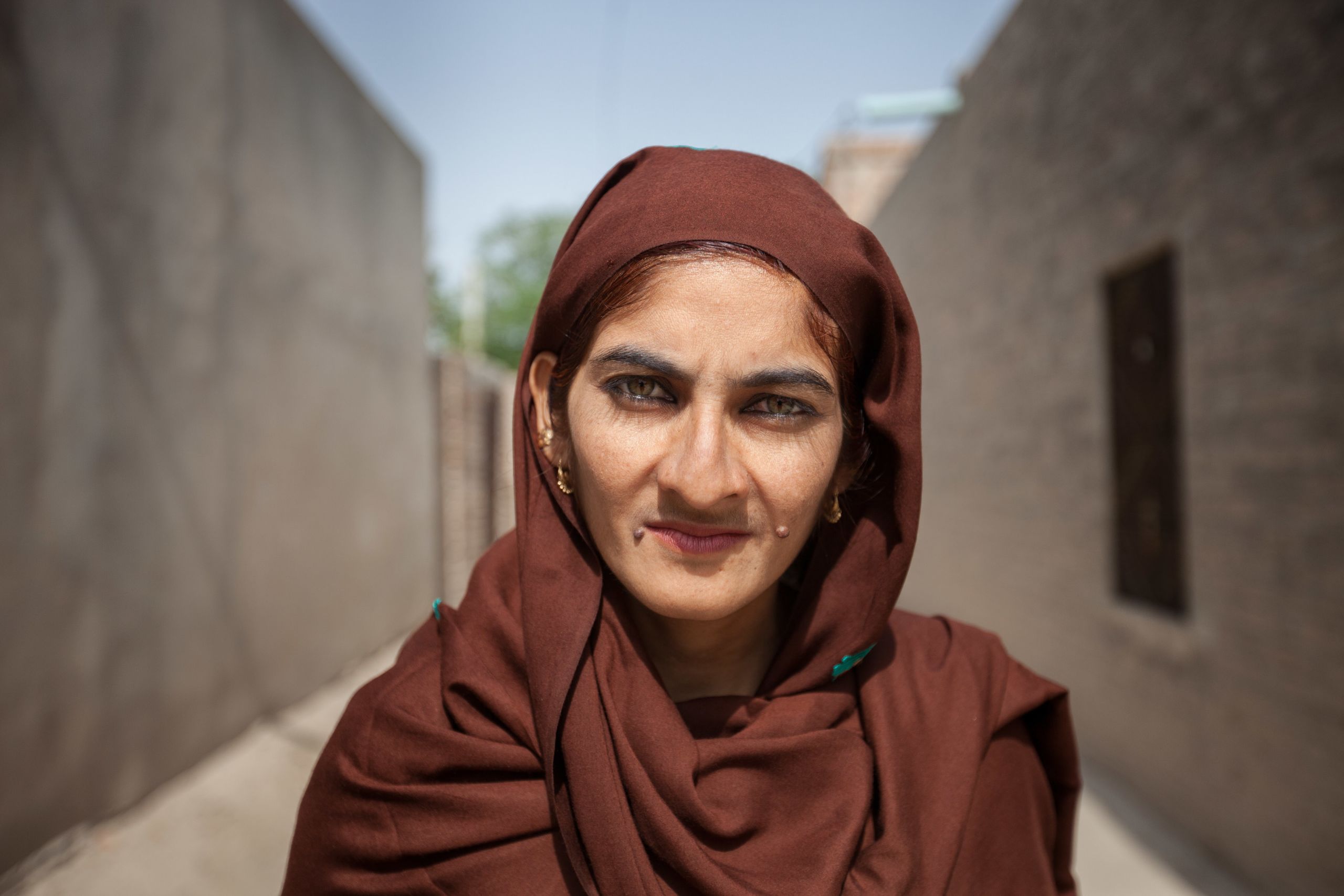
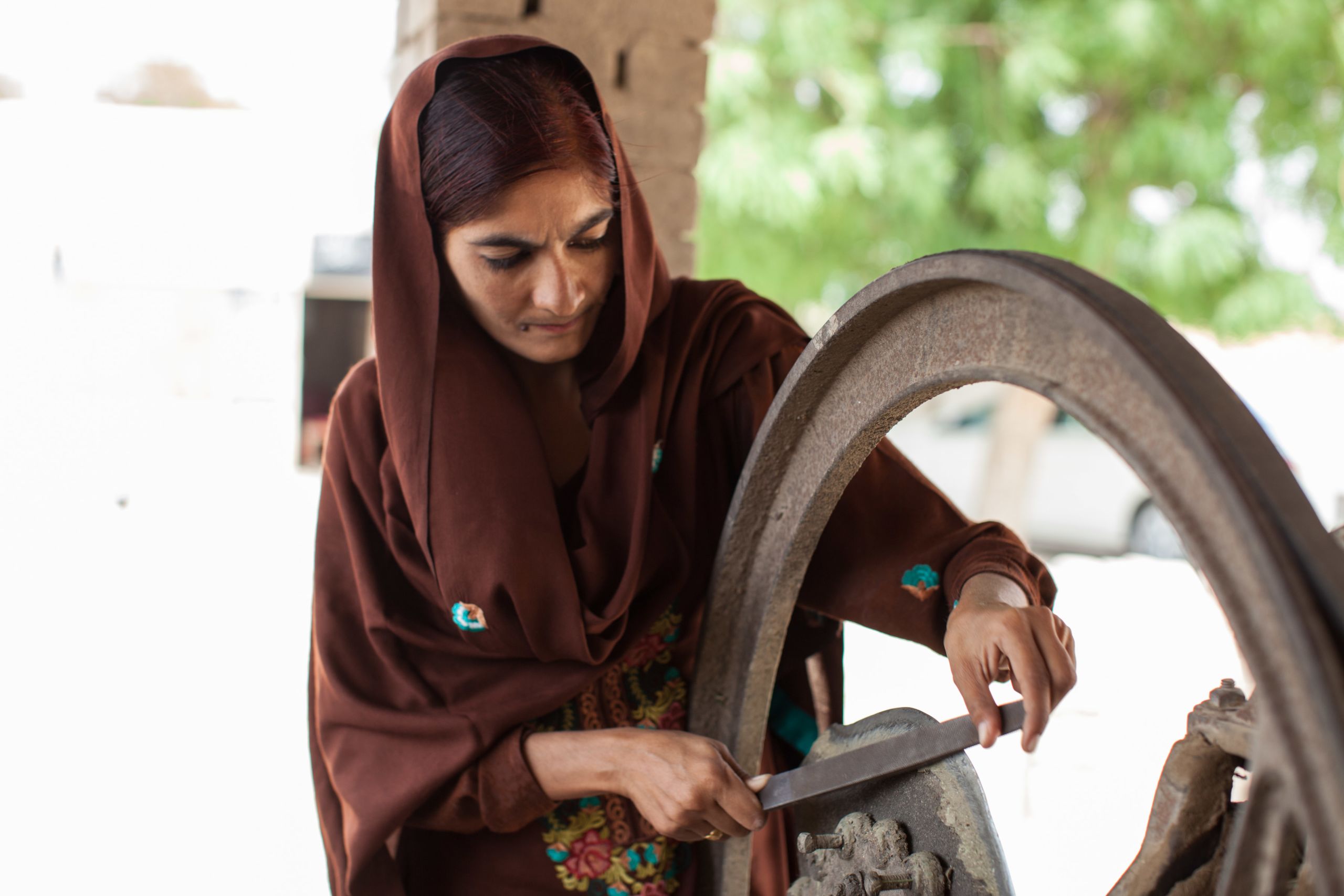
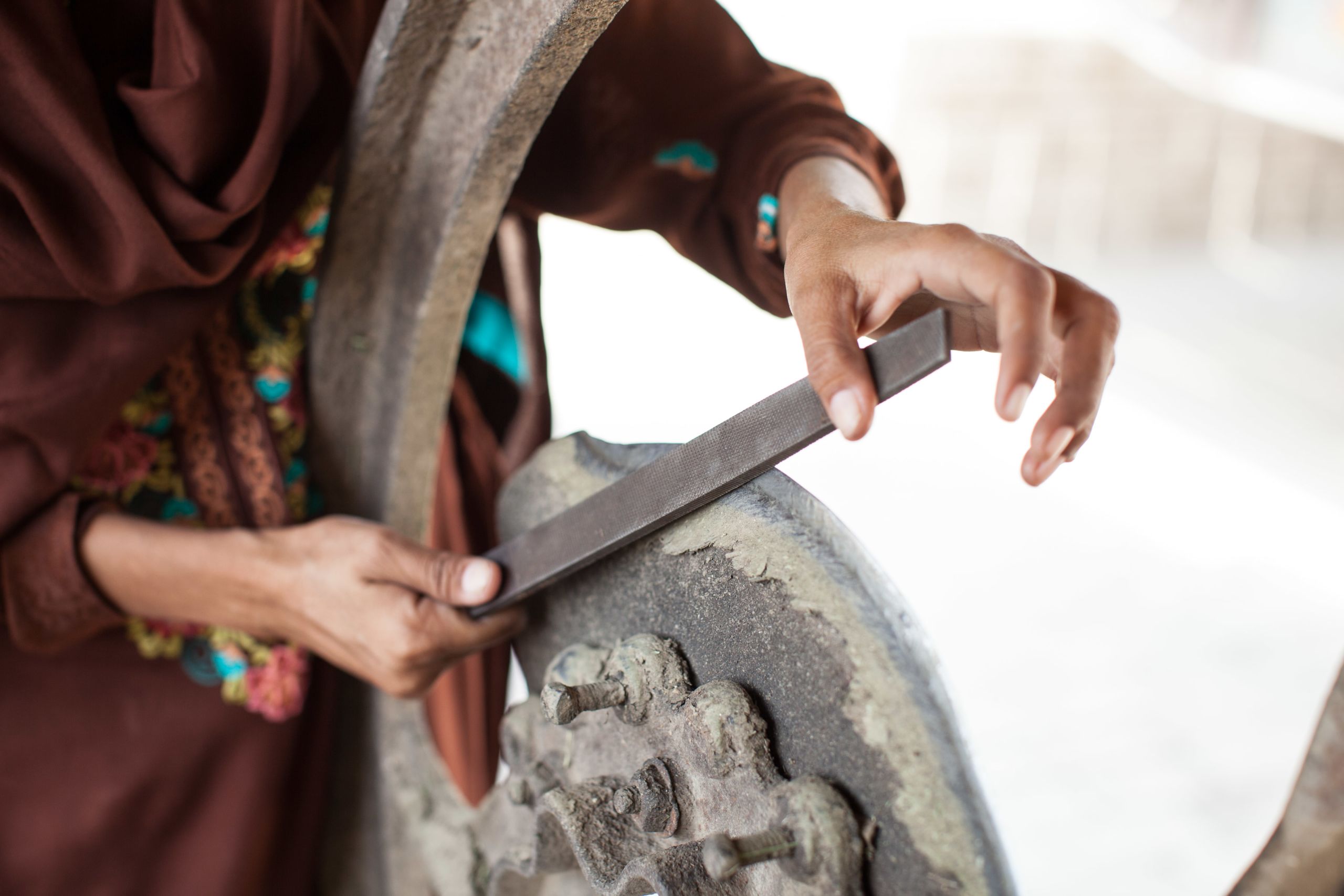
Beyond her community, Almas continues to reach more people with her empowering messages, including through Better Cotton Regional Members Meetings, where farmers and other cotton stakeholders gather to share their experiences. In June 2019, Almas will travel to China and share her inspiring story at the Better Cotton Global Cotton Conference.
“At the 2019 Global Cotton Sustainability Conference, Almas will be the voice of Pakistan, the voice of empowerment and gender quality.”
Find out about the outcomes Better Cotton Farmers in Pakistan are experiencing at field-level here.
